The basic concept of Tokyo Xanadu is “Nihon Falcom make an action version of Persona. Oh, and it looks like the Trials of Cold Steel games.” None of this is a bad idea by any means, and Tokyo Xanadu has been around for quite some time now. We published our review of the PlayStation 4 release back in 2017, and that was an enhanced port of a 2015 PlayStation Vita title. Now that game is on Nintendo Switch.
But there’s a twist here, because this Switch port has an all-new translation! I don’t actually remember the original game having a poor localisation, per se, but then I read how much this new take meant to the localisation team, and I don’t begrudge them the opportunity by any means. They’ve nailed it, too. Whatever the state of the original Tokyo Xanadu’s localiation, this one is exquisite, with the characters having plenty of life and strong personalities, and the various narrative nuances being captured to their full extent. Tokyo Xanadu isn’t as intelligent or deep as its narrative peer (Persona 4, specifically), but it does feature the same love of good, well-written characters as Nihon Falcom’s Trails series, and it has been a delight experiencing them again through this new lens.
Looking beyond the localisation, the game scrubs up nicely on the Nintendo Switch. Thanks to its heritage as a Vita game, the smaller screen of the Switch is less of a problem than with some other console ports. There is a small drop in graphical fidelity, perhaps, but for the most part it’s very playable and a good fit for the console.
Otherwise, the game is the same as it was back in 2017, so I’ll just bring across a chunk of my review of that version:
What Tokyo Xanadu does well is its setting. Aesthetically the game has the same kind of clean, minimalist, budget approach that other Nihon Falcom titles enjoy – and this aesthetic does great justice to the locations in the game that are based after real-world parts of Tokyo. As someone who has spent a lot of time in that city, I do love getting off the beaten track and exploring local shopping streets and the more residential areas of the city. Tokyo Xanadu, in its very abstracted fashion, captures that experience perfectly, and because of that the game leaves a warm, homey impression. To briefly compare to Persona again, Personas 4 and 5 also have those more local settings, but in the context of those games, the settings were thematic bullet points of their own; Persona 4 in particular used its local shopping street setting to wax nostalgic about the fading old Japan, as big shopping malls spring up to drive the local street shops out of business. Tokyo Xanadu by contrast isn’t interested in making a point with its locations, but I quite enjoyed the innocence of that. I could just enjoy the spaces my characters were in.
What Tokyo Xanadu also gets really right is the mix of characters, and this is an area that I’ve come to realise Nihon Falcom does better than almost any other developer out there. There’s a big cast of major characters in Xanadu, and each of them has a personality and characterisation that might often dip into cliché, but is also typically well-written, and the characters bounce off one another in a way that feels quite genuine. Just as in the brilliant writing of the two (to date) Trails of Cold Steel game, where you could feel the group of heroes growing together from being strangers to the closest of friends, so too do you get a really good sense of schoolyard social dynamics in Tokyo Xanadu. Personally my favourite interactions were between the leading man, Kou, and Rion, a young idol perennially confounded by Kou’s disinterest in her celebrity. I mean, I’d certainly know all about her if I were in Kou’s position, but their banter as Rion tries to convince Kou that she’s adorable and he should be adoring her, is endlessly amusing.
The dungeons of Tokyo Xanadu are themselves relatively brief, and as with al Falcom games, the combat action is executed with style, while not exactly breaking new ground. One interesting point is that you only have one character exploring and fighting a dungeon at a time. You go into a dungeon with others, and can swap between them at will, but the actual combat is one-on-however-many-enemies-there-are. Each enemy has a specific weakness, and your task is to make sure a character who is strong against that weakness squares off against that enemy. It’s important as it will let you defeat the enemies more easily, and you’ll rack up more points and a better score at the end of a dungeon if you do that. This is also a clever way of Falcom forcing you to keep switching between characters and mastering how they all fight, rather than relying exclusively on one particular favourite.
There’s surprising depth to the character customisation, too, and the game knows how to be difficult enough to make you really consider how you develop each character. I will say that the way you need to equip gems to characters is not explained particularly well at first, but it’s easy to learn the ropes through some trial and error.
Dungeons also have some light puzzle-solving to work through, and inevitably there is one or two especially difficult enemies to defeat along the way. Nothing in the dungeons themselves will be particularly taxing to people who have played JRPGs before, and there is nothing particularly inspiring about the way the labyrinths are constructed, That said, given that getting a good end level score requires you to move pretty quickly through the dungeons, it’s quite clear that Falcom designed the environments around a breakneck pace, and for that purpose, the functional design is sufficient.
Boss battles are the real highlight, though. Each boss has a solid range of different attacks, with enough randomness in how they’re executed that you’ll need to remain on your toes throughout. Every attack can be avoided, but actually learning how to get out of the way of some of the more ranged attacks can be a process, and because bosses hit hard, you don’t need to make many mistakes before it’s game over. Consequently, bosses have a lot of health, and you’ll need to settle yourself in for a protracted battle, unless you’re willing to spend a lot of time grinding to an excessive level. That being said, while the bosses look imposing, some deeper thought into coming up with less bland designs wouldn’t have gone awry.
There is a new Tokyo Xanadu on the way, ten years after this first one was released. Whether you’re playing this for the first time, or taking the opportunity to refresh yourself before enjoying the new one, you won’t regret spending time with this new localisation.
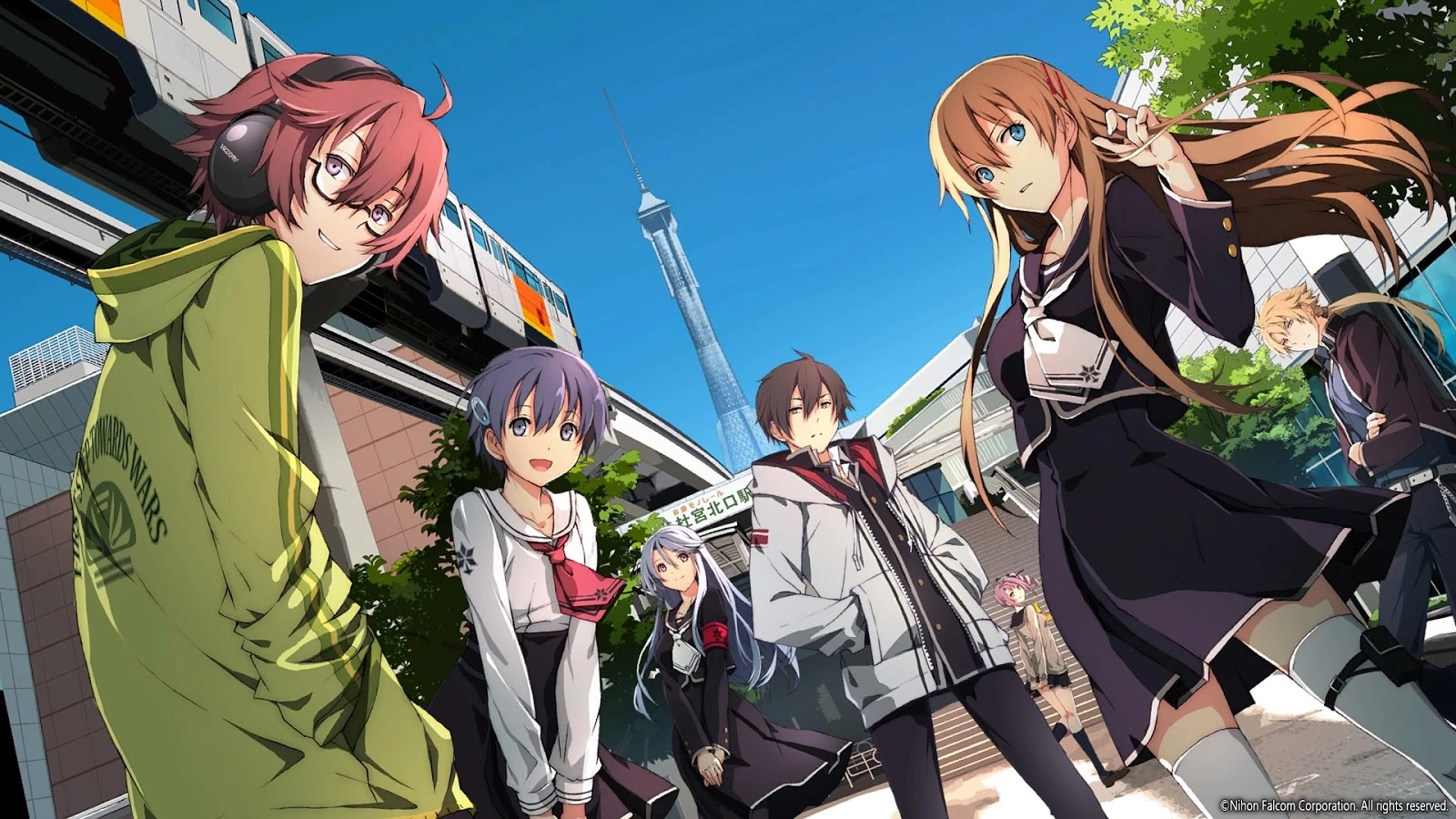

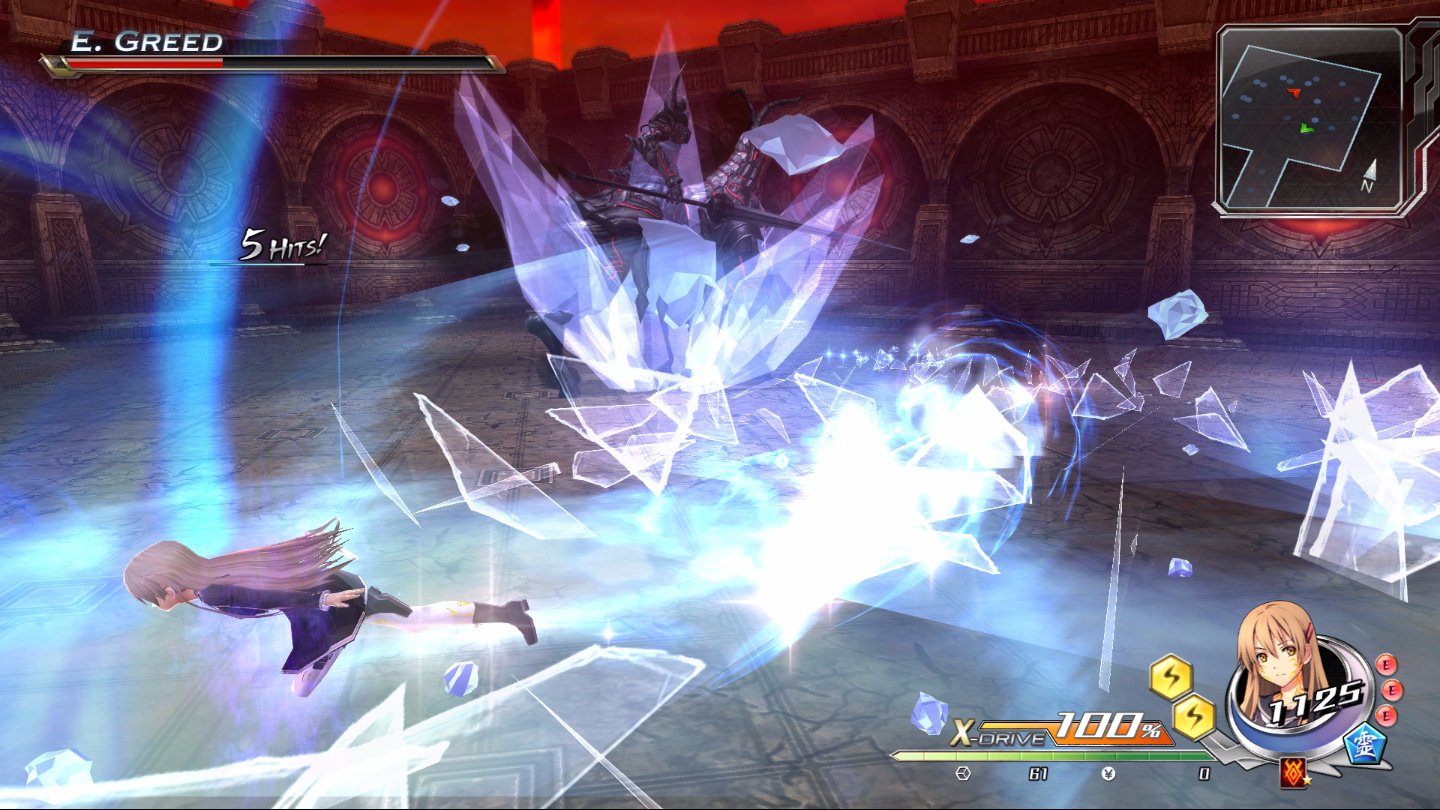

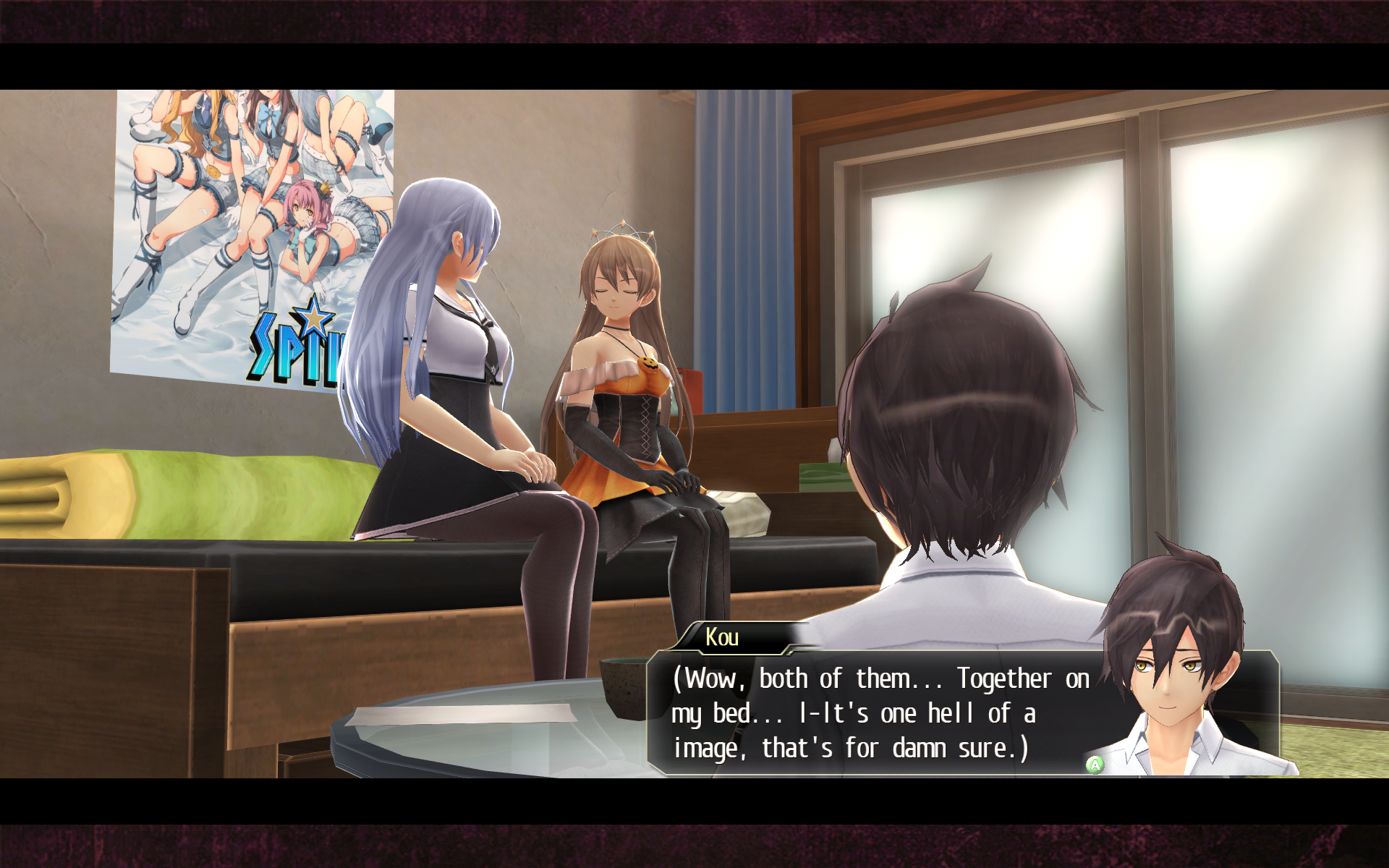



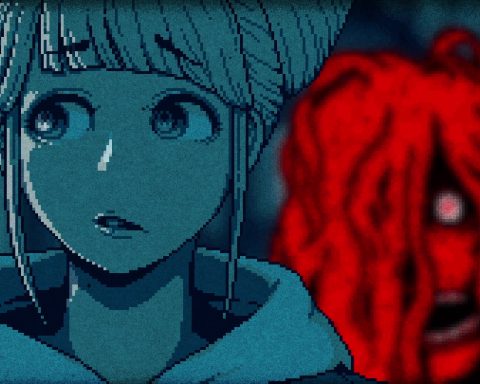


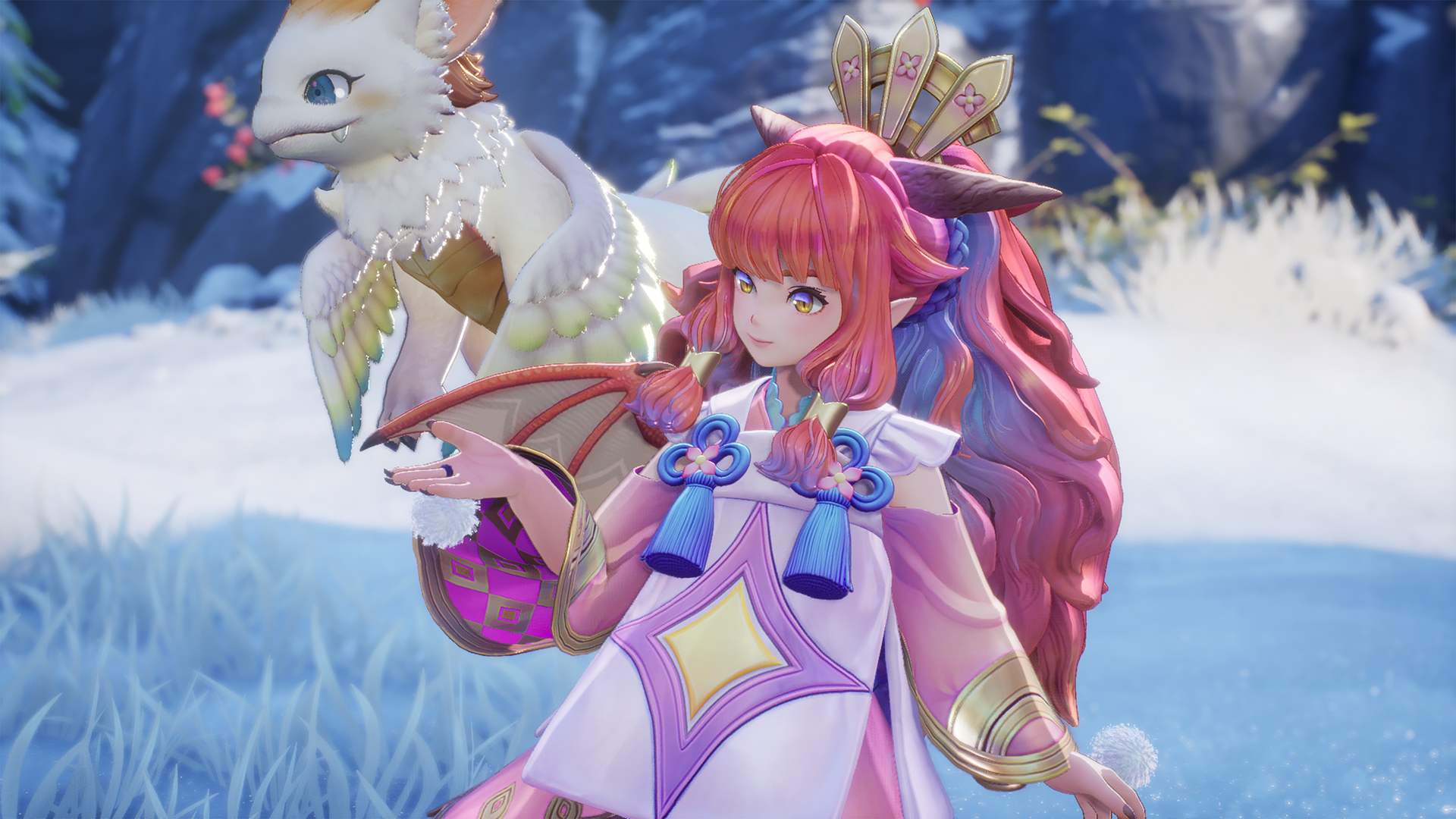
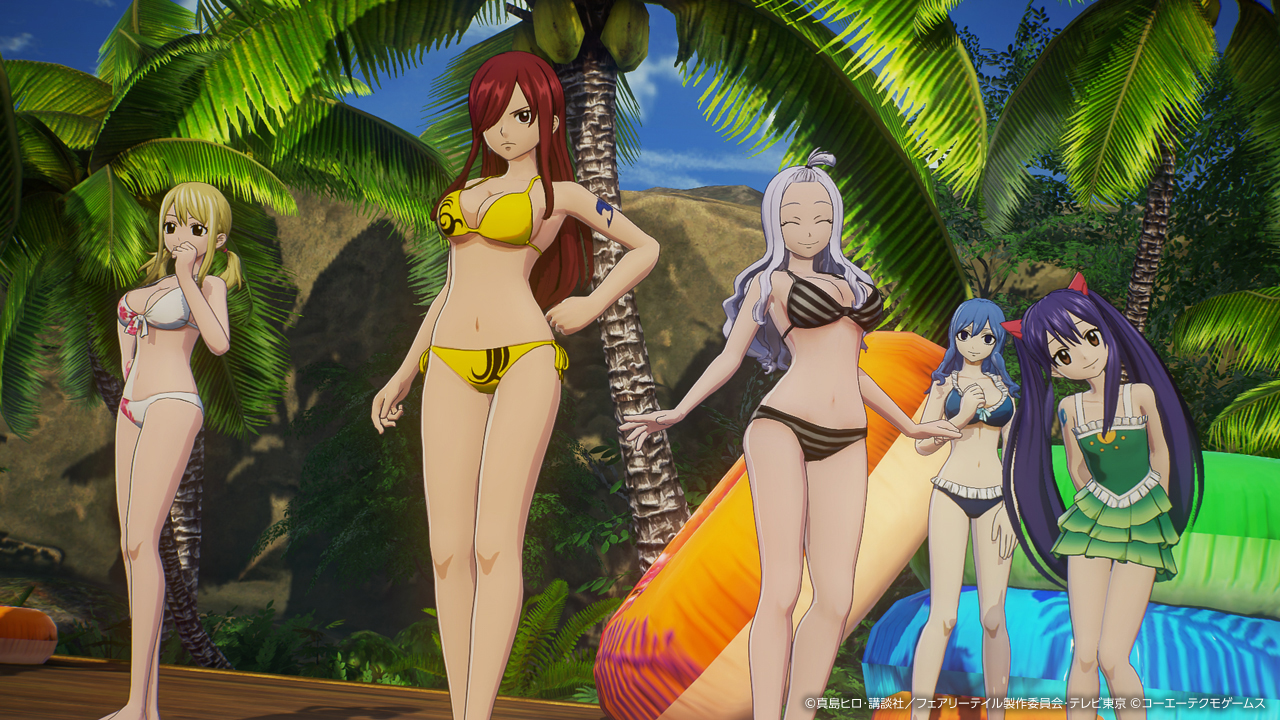

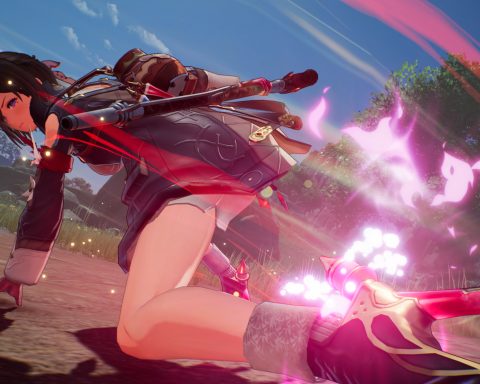
I’ve been trying to determine since this was announced if it *actually* had a new localisation, or if they were just copy-pasting the blurb from the original release for the Switch port. Good to hear that it’s a new localisation — the original wasn’t *bad*, but it had some slightly jarring Gen Z-style slang (“take the L” and suchlike) here and there that felt a bit out of place.
It didn’t really bother me enough to not play through the whole game on PS4, and it sort of makes sense for a game about high school kids to use the slang that young people use… but the overt Americanisms did feel a bit jarring in the very Japanese setting the game unfolds in. If they’ve toned that down a bit, that’s great.
Aside from that, this is a great game that Falcom fans owe it to themselves to spend some time with. Great story, great characters and, as always, an absolutely killer soundtrack.